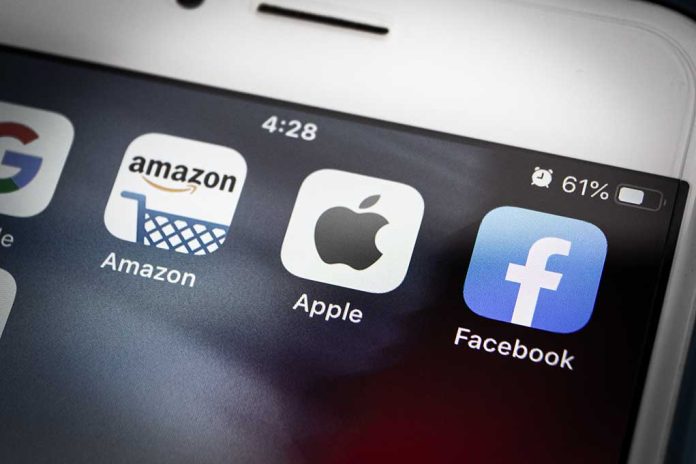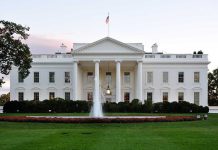
Russia slams Apple with a $131,000 fine for “LGBT propaganda,” sending a clear message that Western tech giants must conform to traditional values or face consequences under President Putin’s strengthened censorship laws.
Key Takeaways
- A Moscow court fined Apple 10.5 million rubles (approximately $131,000) for promoting “non-traditional sexual relations” through its platform
- Apple received four separate charges, including three for LGBT content violations and one for failing to remove prohibited content
- Russia has labeled the “international LGBT movement” as extremist, with supporters potentially facing terrorism charges
- President Putin frames these restrictions as necessary protection against Western moral decay
- The fine represents Russia’s most significant legal action against Apple under expanded censorship laws
Russia’s Cultural Defense Against Western Tech
Russia continues its determined push to enforce traditional values by penalizing one of the world’s largest technology companies. On May 19, a Moscow court delivered a significant legal blow to Apple, fining the company 10.5 million rubles ($131,000) for violating Russia’s stringent laws against “LGBT propaganda.” This ruling by the Tagansky District Court included three separate penalties of 2.5 million rubles each for promoting “non-traditional sexual relations” and an additional 3 million ruble fine for failing to remove content that violates Russian laws. The court proceedings were largely closed to the press, leaving many details of the specific violations undisclosed Stated President Putin.
This legal action comes amid Russia’s broadening crackdown on LGBT rights, highlighted by the 2023 expansion of restrictions on promoting what the government deems “non-traditional sexual relations.” The enhanced legislation builds upon a 2013 law that originally targeted content accessible to minors but now applies more broadly across Russian society. President Putin has consistently positioned these restrictions as necessary safeguards against what he perceives as moral deterioration in Western nations, with strong backing from the Russian Orthodox Church, which views LGBT advocacy as a fundamental threat to Russia’s cultural and moral stability.
Escalating Pressure on International Tech Companies
The Apple ruling represents the most significant legal action against a major tech company under Russia’s expanded censorship framework. Since Russia’s 2022 invasion of Ukraine, Apple has faced mounting pressure from Russian regulators, showing increased compliance with content takedown requests to maintain its services in the country. In 2023 alone, Apple removed 12 applications under Russian laws, a notable increase from seven removals in the previous year. This growing compliance appears to be a strategic decision to prevent the complete shutdown of its Russian App Store, highlighting the difficult position many Western tech companies face when operating under authoritarian regimes.
Russia’s regulatory stance has become increasingly severe, with the country officially designating the “international LGBT movement” as extremist and classifying its supporters as terrorists. This classification opens the door for potential criminal cases against individuals and organizations supporting LGBT rights, creating a chilling effect for both international companies and Russian citizens. Other entities beyond Apple have faced similar penalties, with online film distributors and executives receiving fines under the same “LGBT propaganda” legislation, demonstrating Russia’s comprehensive approach to enforcing its cultural restrictions across all media platforms Stated LGBT.
Global Regulatory Challenges for Apple
The Russian fine comes at a time when Apple faces intensifying regulatory scrutiny worldwide. In addition to the challenges in Russia, Apple has recently been handed a substantial $570 million fine from the European Commission for alleged violations of the EU’s Digital Markets Act. These parallel regulatory actions reflect the growing complexity of navigating diverse and often contradictory international legal frameworks for global technology companies. As different regions assert their cultural, political, and economic priorities through regulation, companies like Apple must constantly adjust their operational strategies to maintain market access while balancing corporate values and legal compliance.
Apple’s broader strategic shifts also include reducing dependency on China for manufacturing, with significant production expansion in India. The company now manufactures approximately 14% of its iPhones in India, with projections indicating this could increase to 25% by 2026. This geographic diversification reflects Apple’s efforts to mitigate risks associated with operating in markets with unpredictable regulatory environments. While the Russian market represents just a fraction of Apple’s global business, the company’s response to these fines and content restrictions will likely influence how other technology companies approach similar challenges in navigating between Western corporate values and authoritarian government demands.




